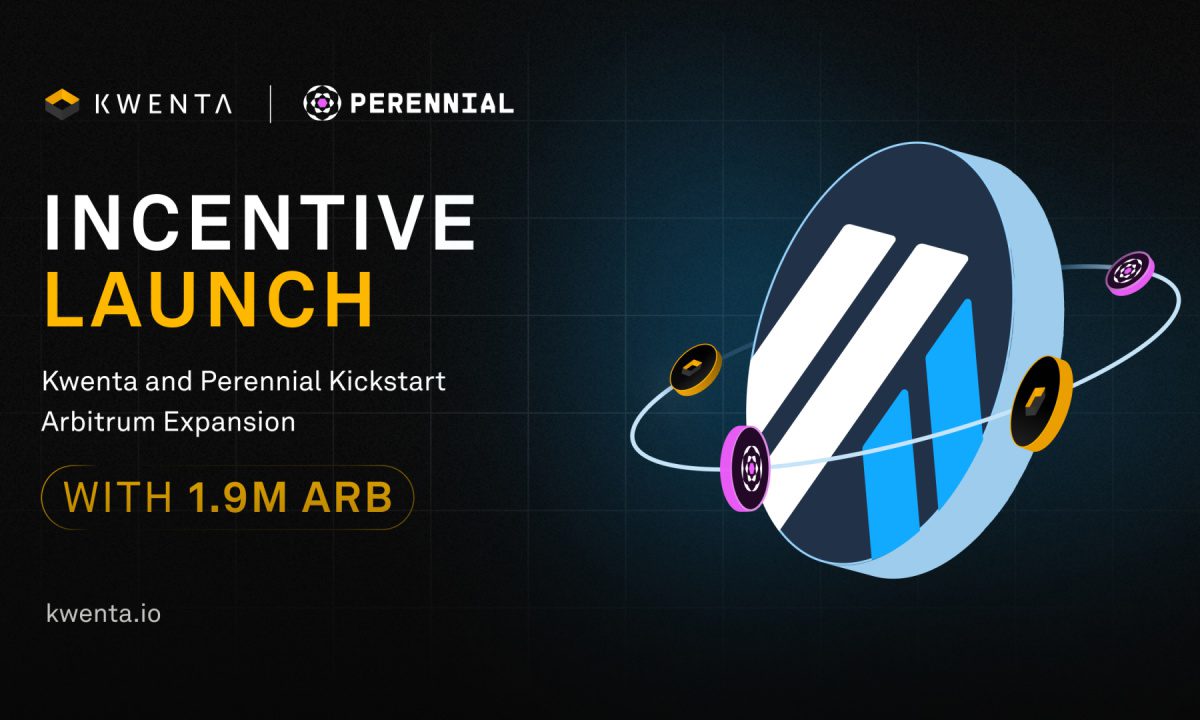A coordinator is a term used in blockchain technology to refer to a tracking and checking system for validator nodes. It plays a crucial role in ensuring the validity and integrity of the distributed ledger.
In the blockchain ecosystem, a distributed ledger consists of multiple nodes that store and maintain a copy of the transaction history. These nodes need to agree on the validity of transactions and the current state of the ledger. However, reaching consensus among multiple nodes can be challenging, especially in decentralized networks where there is no central authority.
This is where the coordinator comes into play. The coordinator is responsible for issuing milestones, which are recorded transactions on the blockchain. These milestones serve as reference points for validator nodes to verify the accuracy of their copy of the ledger. The coordinator ensures that all validator nodes are on the same page and that there are no discrepancies in the distributed ledger.
An example of a blockchain that utilized a coordinator client for ledger verification is IOTA. The IOTA network employed a coordinator client to add an extra layer of security and ensure the integrity of all copies of the distributed ledger. The coordinator issued milestones that served as checkpoints for validator nodes, allowing them to validate the transactions in their ledger.
However, the concept of coordinators has faced criticism from blockchain and cryptocurrency enthusiasts who argue that they undermine the decentralized nature of the technology. The power held by coordinators to influence all copies of the ledger simultaneously is seen as a centralizing factor, contradicting the core ideology of blockchain technology, which emphasizes decentralization.
As a result, many blockchain projects are striving for full decentralization by exploring alternative consensus mechanisms. In the case of IOTA, the network has recently eliminated the coordinator client from its system as part of its roadmap towards full decentralization. Instead, IOTA now relies solely on its Directed Acyclic Graph (DAG) for transaction verification and node validation.
The DAG allows transactions to be processed in a non-linear way, removing the need for a coordinator. Each new transaction confirms two previous transactions, creating a web-like structure that forms the basis for consensus. With this shift, the IOTA network has reduced its reliance on a central authority, thereby achieving a higher level of decentralization.
However, it is important to note that coordinator clients can still have their uses in certain contexts. For nascent blockchain projects or those that intentionally prefer a certain level of centralization, a coordinator client can be a useful tool to ensure network security and mitigate potential attacks. It provides a level of control and oversight that may be desirable in specific circumstances.
Blockchain technology is constantly evolving, and the quest for full decentralization continues. Researchers and developers are exploring new consensus mechanisms and algorithms that offer robust security without the need for coordinators. These mechanisms aim to create trust and agreement among nodes in a truly decentralized manner.
In conclusion, a coordinator in blockchain technology is a system that tracks and checks the validity of transactions in a distributed ledger. While coordinator clients have been utilized in some blockchain projects to ensure network security, they have also been criticized for contradicting the decentralized nature of blockchain technology. The elimination of coordinators, as demonstrated by the IOTA network, shows that alternative consensus mechanisms can be developed to achieve higher levels of decentralization. The future of blockchain lies in the exploration and implementation of these mechanisms, empowering users with trust and autonomy in the digital world.
Powered by Froala Editor













